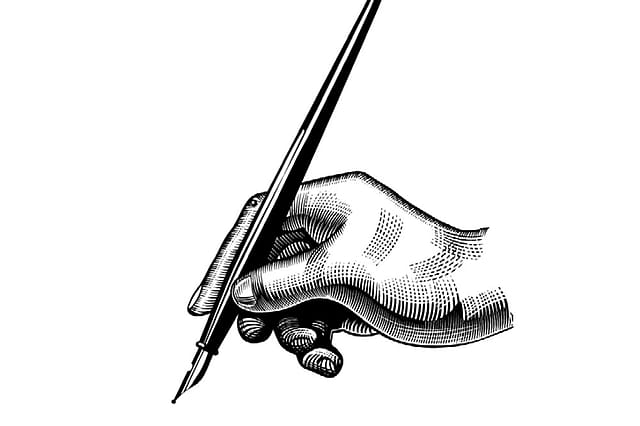“Popular” History

FOR MANY YEARS, January has invariably been a busy month. Apart from the usual New Year parties—which, as you get older, are becoming increasingly sedate—the first month of the year heralds the literary season. Its crowning glory is, of course, the Jaipur Literature Festival (JLF), which keeps getting bigger and more crowded each year.
I have been attending JLF from the second year of its inception and the experience has invariably been enjoyable. It is the only time that you get a chance to interact with writers who have made a mark for themselves in the Anglosphere. The choice of writers has a definite British bias which I don't mind since my reading habits have been disproportionately influenced by my long stint in Britain, during my more impressionable years.
This month, as the year draws to a close, I have devoted some time to reading the annual lists in the books pages of British publications. The lists, comprising the choices of literary and academic celebrities and subject lists compiled by the editors, are obligatory reading. First, they remind you of books whose reviews you may have missed over the past year. Second, the recommendations by authors have helped me make a shortlist of books I should either order on Amazon or, as is increasingly happening courtesy a space crunch in both my homes, download to my iPad. Whatever their ultimate utility, I must confess my overwhelming dependence on book reviews to guide my reading.
Imran Khan: Pakistan’s Prisoner
27 Feb 2026 - Vol 04 | Issue 60
The descent and despair of Imran Khan
As someone with an abiding interest in well-written histories, I have always maintained a special interest in modern European history. Part of this has stemmed from a fascination with World War II—hardly an uncommon interest, as I have discovered—and partly an interest in 19th and 20th century British history—an interest that was an offshoot of my study of the British Empire. However, what has sustained my interest over the decades has been the absolute readability of the histories.
There are, as many readers may have discovered without any prompting, two types of histories on offer. First, there is a mass of academic literature which, unfortunately, is a deterrent to ordinary readers because they have been written as cures to insomnia. Of course, there are significant exceptions and we all know of historians who were shunned by colleagues because they wrote "popular" history.
You have only got to look at the displays in a good bookshop in London to realise that there is a thriving market in history books. Ordinary readers who delve into the non-fiction space have taken to history with enthusiasm. That is because the writing of history has been stupendously enriched by the contribution of those operating from outside academic institutions—people who write out of passion and, increasingly, for a livelihood. These include politicians such as Roy Jenkins, Boris Johnson and Andrew Roberts—all accomplished biographers whose books have sold, and sold rather well. They join the likes of Isaac Deutscher whose three-volume biography of Leon Trotsky is unlikely to be bettered, and war historians Sir Antony Beevor and Sir Max Hastings.
Next month, I have been invited to participate in the discussions that will follow the release of two books—one on 18th century Maratha history and the other on the British Indian Army. Both have been written by individuals working outside academia. The books are contributions to the small but growing number of works on India's history being written for the non-specialist reader. When William Dalrymple wrote his wonderful book on The Last Mughal and embellished it with archival sources that had hitherto escaped the attention of professional historians, there were curious reactions. First, there was studied silence from the professional historians who couldn't explain why the rich collection in the National Archives had never been researched. Second, there were expressions of outrage over a white Briton writing India's history—a needlessly xenophobic gripe. However, the fact remains that the stupendous success of Dalrymple's compelling narrative histories helped open the discipline to others.
Many histories on Indian themes—particularly biographies—have been written in the past decade, egged on by the mushrooming of publishing houses. The quality of the books is very uneven and, in some cases, the research lacks rigour and skips primary sources. I am sure the quality will improve in due course. What is important is that the monopoly of professional historians over a subject too important to leave to them has been broken. From now on, things can only get better.
